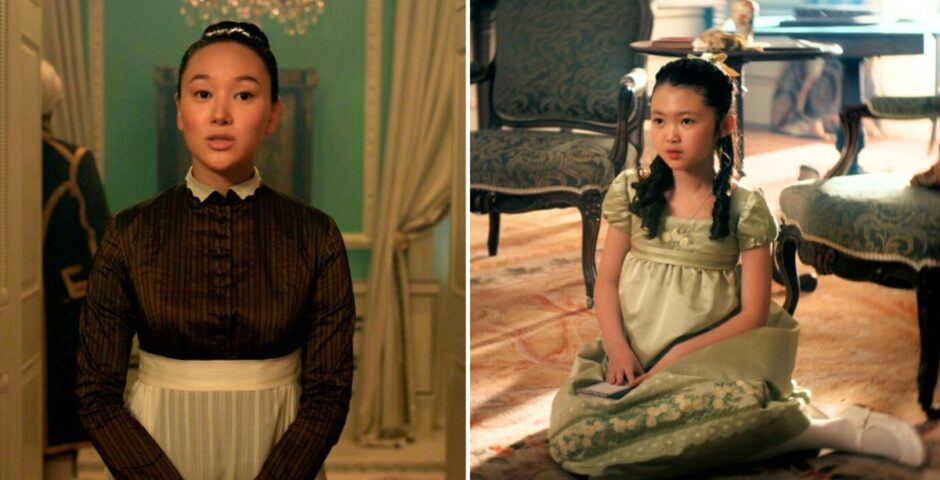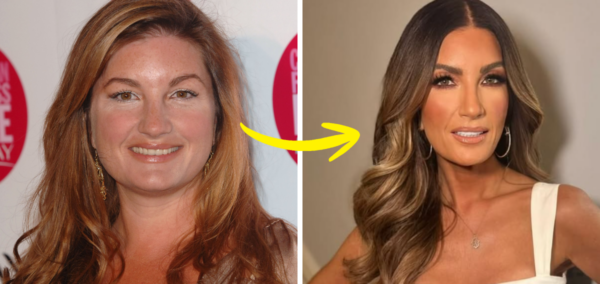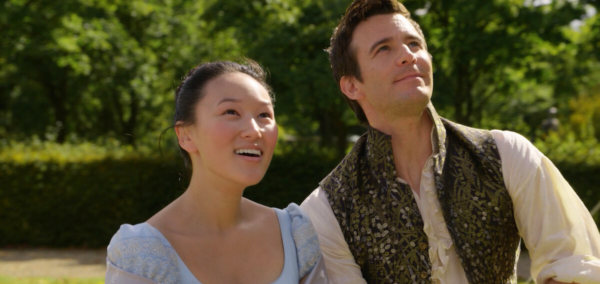
‘People are blaming the wrong one per cent’: Students speak about Supreme Court gender ruling
‘If you are for this Supreme Court ruling you cannot call yourself an intersectional feminist’
Last month, the UK Supreme Court ruled that the legal definition of a “woman” is based on biological sex.
The officially recognised definition explains “woman” as “binary” and that this is determined by biology, meaning that any person who is not born as a biological female cannot gain the legal protections that the Equality Act 2010 offers cisgender women by changing their gender with a Gender Recognition Certificate.
The ruling has come with a number of implications for transgender men and women, so we reached out to university students across the UK to hear their Supreme Court gender ruling reactions. Here’s what they had to say.
‘It shows that the UK isn’t quite as progressive as I thought it was’
Toby, a student at Leeds Beckett University, expressed his disappointment in the outcome of the ruling. He explained that it “shows that the UK isn’t quite as progressive as he thought it was”, adding that “it will probably make JK Rowling happy”.
The second year student attended a trans protest in York last weekend, telling The Tab: “The turnout was really good.”
“But the amount of people who walked past and shouted abuse was sad.”
‘As a sign at the Edinburgh protest put it: “People are blaming the wrong one percent”’

Lydia, a student at the University of Lancaster
University of Lancaster student, Lydia, told The Tab: “I think it’s so wrong and transphobic that trans women no longer legally be considered women.
“Trans women are doubly marginalised, having to face transmisogyny on a regular basis.”
Lydia emphasised that this would not only impact trans women but “all women”. She said: “I am very shocked and angry about what is happening.”
Most Read
Lydia has been donating to charities supporting trans women.
“£200,000 has been raised so far, and there have been quite a few protests about it, which is great to see! As a sign at the Edinburgh protest put it: ‘People are blaming the wrong one percent.'”
‘If you are for this Supreme Court ruling you cannot call yourself an intersectional feminist’

University of Sheffield student, Isaac
Some students feel quite strongly on the matter such as Sheffield student, Isaac.
“The ability the Supreme Court holds to redefine the parameters of a human being is disgraceful”, the English literature student told The Tab.
“A handful of unelected, unrepresentative judges changing what it means to be a woman during an appeal trial just reflects how worryingly undemocratic the decision was anyway”.
The third year student summarised his Supreme Court gender ruling reactions by explaining that “trans women are women, [and] trans men are men”.
He added: “If you are for this Supreme Court ruling you cannot call yourself an intersectional feminist- as that would be the absolute height of hypocrisy”.
‘I was absolutely delighted’
While some students have expressed concern and disappointment, others have responded positively to the Supreme Court’s recent decision.
Connie, Leeds student who faced suspension from Leeds Student Radio (LSR) last year following her gender critical content, expressed her support of the new gender ruling.
“I was absolutely delighted that the Supreme Court reaffirmed the rights of women to have single sex spaces, and the rights of lesbian and gay people to political association”, she told The Tab.
“It is absurd that the highest court in the land had to make this ruling, but hopefully in due course, feminists can return to actually solving issues for women knowing that the law protects them as a sex category.”
‘Clear legal definitions help maintain consistency’
Manchester law student, Micha, agreed with this perspective, adding her thoughts about the importance of legal definitions.
“For the purposes of law and policy, the classification of ‘woman’ should refer specifically to biological women only.
“By including trans women under the same legal definition as biological women, this can create complications – especially in areas like sports, prisons, healthcare, and data collection”, the second year student added.
“Clear legal definitions help maintain consistency, and I think this distinction is important for addressing issues that affect women specifically due to their biology.”
‘The comfort of women in same-sex spaces should come first’

Jamie* final year economics student, described the Supreme Court’s decision as a “welcome legal safeguard for biological reality and for the safety of same sex spaces for women”.
They explained that they think “it’s fair for [transgender people] to feel uncomfortable, and if there are third spaces, even disabled toilets, then they can obviously feel free to go in those, but I think that the comfort of women in same sex spaces should come first”.
The Leeds student summarised their thoughts by adding: “I don’t think that women should be forced to accept a biological male into their toilet just because that biological male might feel uncomfortable in the men’s”.
‘It’s difficult to understand the feelings of it if you don’t have anyone trans around you’
Sheffield student, Alex, was another student to share their Supreme Court gender ruling reactions, and another one of many students who felt conflicted on the matter. However, he felt confident on his view of the Supreme Court’s power over individual identity.
“For the Supreme Court to have such a big say on someone’s body and identity I definitely think isn’t right”, he told The Tab.
“But I think it’s very complicated and I struggle to comprehend how it must feel.”
Alex also considered the current debate surrounding transgender women competing in women’s sporting events: “It’s been proven that there are sometimes some biological advantages which can be hard for other women doing the same sport”.
He concluded his thoughts by addressing the complexity of it all: “It’s difficult to understand the feelings of it if you don’t have anyone trans around you”.
‘It’s quite a complicated ruling’

Anna, a third year student at the University of Cambridge
Like Alex, third year Cambridge student, Anna, felt unsure.
“On the one hand, I do think it’s important that same sex spaces are protected, especially for women, to allow them to feel safe in an environment of increasing misogyny”.
Anna reflected on her time at a girls’ school, reminiscing its positive environment.
“[I] think that spaces like this should be protected and are important for women”.
Ultimately, Anna acknowledged the complex consequences of this ruling for the trans community and concluded: “I hope that positive aspects for women will come to be at the detriment of trans people in the future”.





















